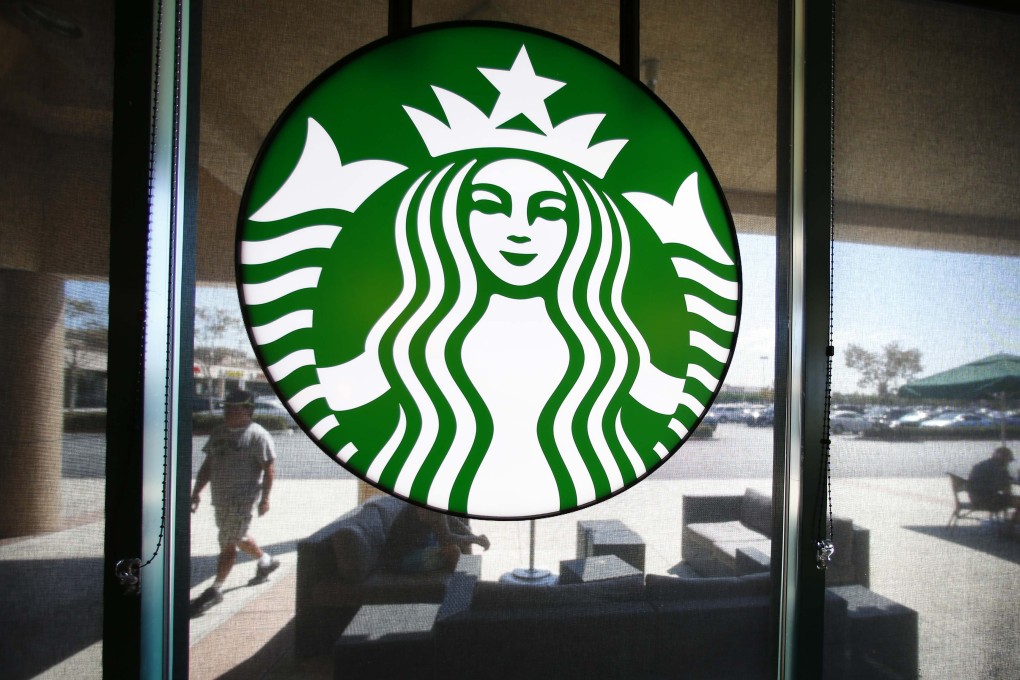CCTV's criticism of Starbucks 'pricey coffee' prompts online backlash

Chinese state television’s criticism of Starbucks’ “hefty product prices” in China and its demands for the coffee chain to be fair and to avoid price discrimination have backfired, resulting in widespread online criticism.
State-run China Central Television on Sunday said in a news programme that the price of a 354ml cafe latte in Beijing, at 27 yuan, was higher than in London, Chicago, and Mumbai, where the same drink costs 24.25 yuan, 19.98 yuan and 14.6 yuan respectively.
Quoting the chairman of the Coffee Association of Shanghai, CCTV estimated a tall cafe latte costs barely less than five yuan to make. It also said Starbucks’ 32 per cent profit margin in the China/Asian-Pacific region in the second quarter of its 2013 fiscal year was the highest in the world compared to the company’s profits in other regions.
The report came hard on the heels of similar pieces by Xinhua-affiliated Economic Information Daily and major financial newspaper CBN Daily’ in the past week that exposed Starbucks’ “profiteering”.
The report, which was quickly disseminated across China’s social networking sites, sparked overwhelming criticism from online users.
Real estate magnate Ren Zhiqiang who boasts over 15 million followers on microblog Weibo commented on the news: “[There] is always growing unease with the market economy.”